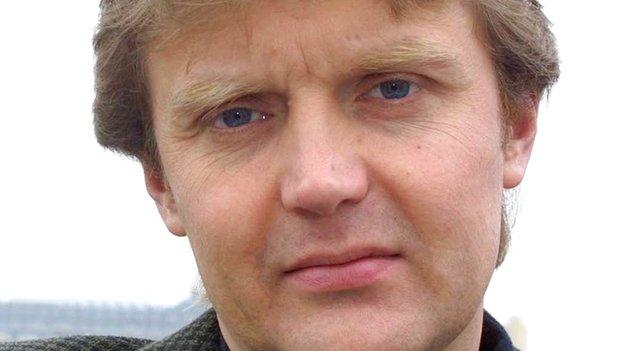Vladimir Putin 'ordered killing', Litvinenko inquiry hears
- Published
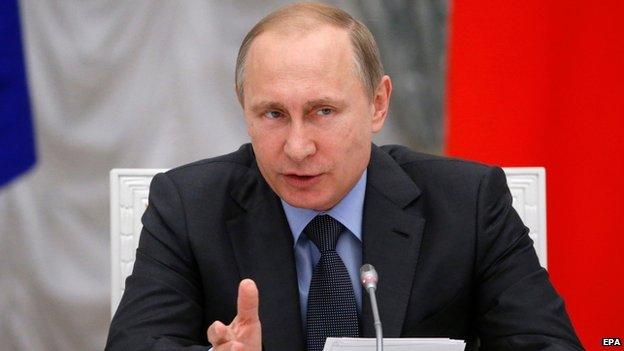
A lawyer for Alexander Litvinenko's family said Vladimir Putin was a "tinpot despot"
Russian President Vladimir Putin "personally ordered" the killing of Alexander Litvinenko, the inquiry into the former spy's death has heard.
Ben Emmerson QC, for Mr Litvinenko's family, said in his closing statement that Russian state responsibility had been proven "beyond reasonable doubt".
Mr Litvinenko's widow Marina said she believed her husband's "murderers and their paymasters" had "been unmasked".
But the Kremlin told the BBC it did not trust the inquiry.
'Tinpot despot'
Dissident Mr Litvinenko, 43, drank tea containing a fatal dose of radioactive polonium during a meeting with suspects Dmitry Kovtun and Andrei Lugovoi in London in 2006.
The Kremlin wanted Mr Litvinenko dead and provided the poison used to kill him, Mr Emmerson alleged.
Scientific evidence proves Mr Kovtun and Mr Lugovoi killed the former spy, he added.
The BBC's Gordon Corera explains how Alexander Litvinenko's killers left traces of poison in their wake
Mr Emmerson told the inquiry Mr Putin was an "increasingly isolated tinpot despot" and a "morally deranged authoritarian".
He said the Russian president and his allies are "directly implicated in organised crime".
Mr Putin's "personal cabal" are "willing to murder those who stand in their way", Mr Emmerson added.
He said: "If the Russian state is responsible, Vladimir Putin is responsible.
"Not on some analogical version of vicarious liability but because he personally ordered the liquidation of an enemy who was bent on exposing him and his cronies."
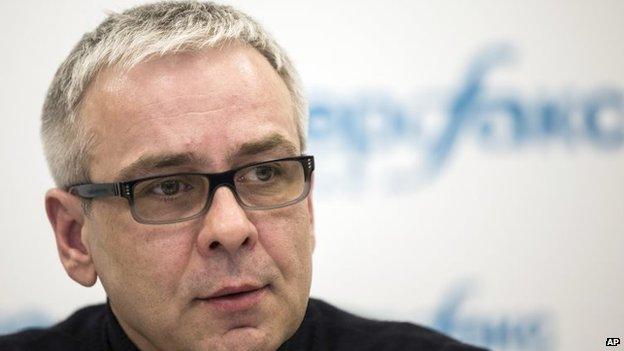
Dimitry Kovtun failed to appear at the inquiry
The QC said Mr Kovtun had failed to appear before the inquiry because he would be unable to explain the evidence against him.
Mr Kovtun said in March that he wanted to testify, but failed to appear by videolink.
Speaking outside the Royal Courts of Justice after the closing statements, Mrs Litvinenko said she believed "the truth has finally been uncovered".
She said her husband had "vowed to expose corruption" in the Russian Federal Security Service and the "highest echelons of power in Russia".
Marina Litvinenko: "The truth has finally been uncovered"
"His actions were perceived as treachery and he paid the ultimate price for them," she said.
Mrs Litvinenko added: "Any reasonable person who looks at the evidence presented in the inquiry will see my husband was killed by agents of the Russian state in the first ever act of nuclear terrorism in the streets of London.
"This could not have happened without knowledge and consent of Mr Putin."
'Biased and politicised'
The Kremlin said the accusations raised at the inquiry had been heard before.
A spokesman said: "Such statements were made without any results from the investigation, and after there were results of some sort of investigation.
"It seems they had to add something, so that their words could seem convincing."
He said officials in Russia "don't want to have anything to do" with British investigations into the death.
Mr Lugovoi said the inquiry had been "biased".
"These proceedings have long since stopped being of interest to me, since I understood a long time ago that they are biased and politicised," he told Interfax.
Inquiry chairman Sir Robert Owen will now consider the evidence heard over the last six months.
He is expected to report back to the home secretary by the end of the year.

The Litvinenko case
23 Nov 2006 - Mr Litvinenko dies three weeks after having tea with former agents Andrei Lugovoi and Dmitry Kovtun in London
24 Nov 2006 - His death is attributed to polonium-210
22 May 2007 - Britain's director of public prosecutions decides Mr Lugovoi should be charged with the murder of Mr Litvinenko
31 May 2007 - Mr Lugovoi denies any involvement in his death but says Mr Litvinenko was a British spy
5 Jul 2007 - Russia officially refuses to extradite Mr Lugovoi, saying its constitution does not allow it
May-June 2013 - Inquest into Mr Litvinenko's death delayed as coroner decides a public inquiry would be preferable, as it would be able to hear some evidence in secret
July 2013 - Ministers rule out public inquiry
Jan 2014 - Marina Litvinenko in High Court fight to force a public inquiry
11 Feb 2014 - High Court says the Home Office had been wrong to rule out an inquiry before the outcome of an inquest
July 2014 - Public inquiry announced by Home Office
January 2015 - Public inquiry begins
July 2015 - Closing submissions are made at the inquiry

- Published31 July 2015
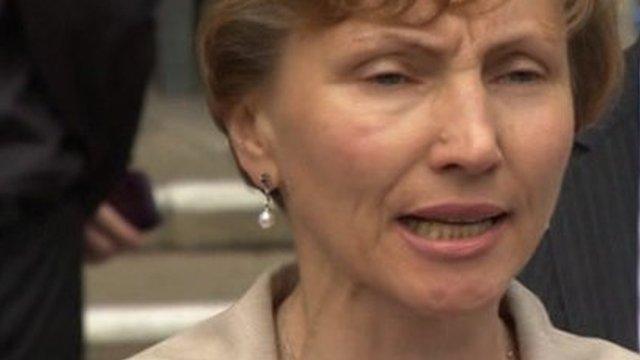
- Published30 July 2015
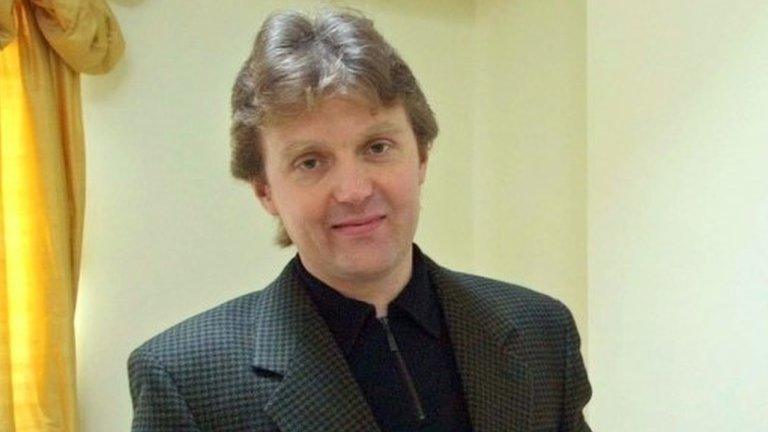
- Published28 July 2015
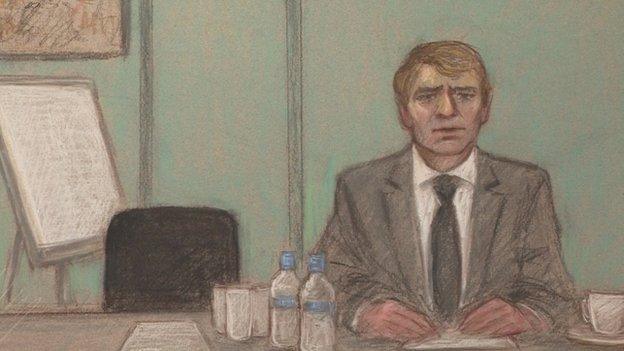
- Published21 January 2016
